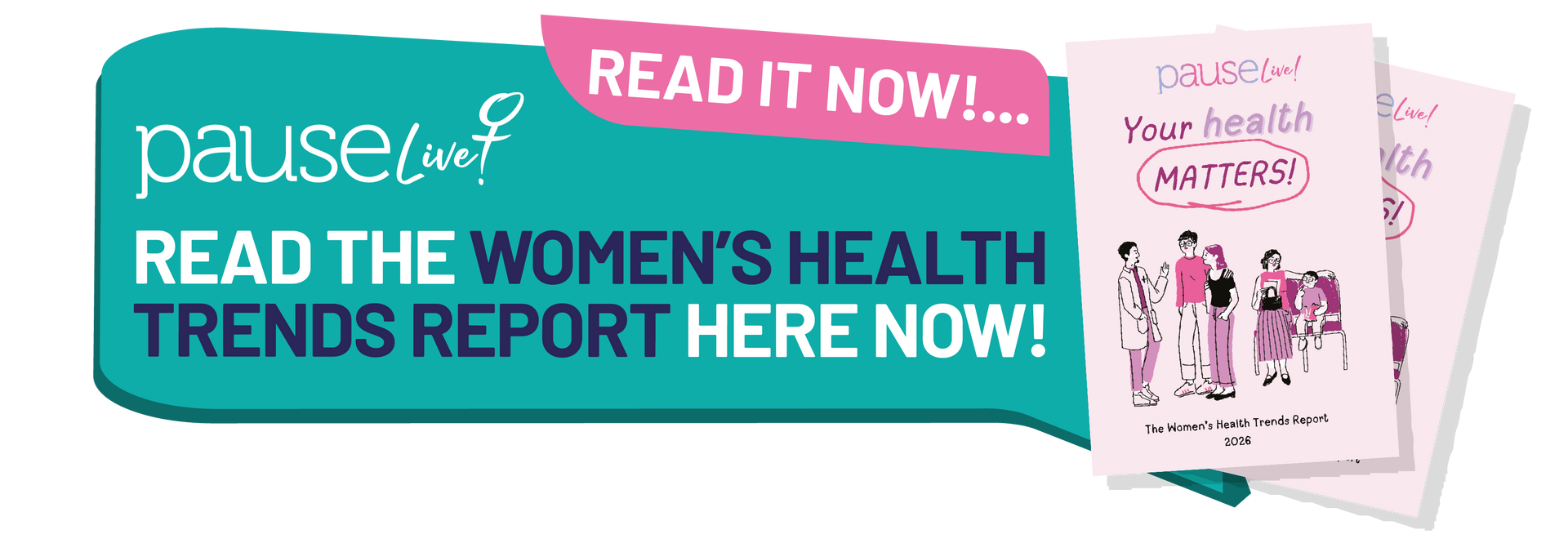Testing for menopause
If you’re not feeling quite yourself and are noticing changes in your moods and periods, then you could be menopausal. This is perfectly normal if you’re a biological woman in your 40s, but not so usual if you’re younger.
Either way, it’s valuable to confirm if you’re going through menopause with a medically-qualified professional so you can access treatment and support if you want it.
What are the signs of menopause?
There are many symptoms associated with the menopause that can have both a physical and mental impact on women.
These include:
- Brain fog
- Anxiety
- Mood swings
- Hot flushes
- Irregular periods
- Difficulty sleeping
- Headaches and migraines that are worse than usual
- Weight gain
- Dry skin
- Reduced sex drive
- Muscle ache and joint pains
- Vaginal dryness and pain
- Discomfort during sex
- Urinary tract infections (UTIs)
The intensity and duration of symptoms can vary from woman to woman – not everyone experiences the same concerns. Check out our SYMPTOM CHECKER. A handy online tool to check your symptoms and approach a healthcare professional.
How will a doctor diagnose menopause?
When you visit your GP or a private menopause specialist, they will ask you about your age, general lifestyle, symptoms and periods.
Thanks to their experience and professional expertise, they should be able to confirm whether or not you’re menopausal.
If they’re unsure, they may offer you a blood test to assess your hormone levels.
How does a blood test diagnose menopause?
If your GP offers you a blood test to confirm whether you are menopausal, they will be looking at your follicle-stimulating hormone (FSH) level. This is found in higher levels if you are going through menopause. They can also assess oestrogen levels, which will have declined if you’re menopausal.
As hormones fluctuate a lot during perimenopause, repeated blood tests are sometimes recommended for a more accurate result.
Does a blood test look at anything else?
For some people, your doctor may suspect your symptoms are a result of another concern such as a thyroid disorder or diabetes. Separate blood tests can determine if this is the case.
Why may a blood test be unsuitable?
You should not have a blood test to determine whether you are menopausal if you are on contraception that contains oestrogen or progesterone, as these will alter your natural FSH levels and produce an inaccurate result.


